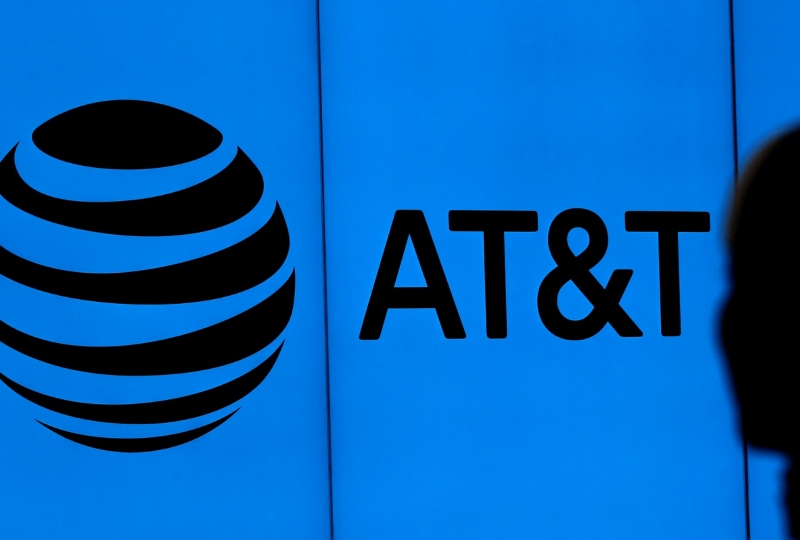How to Handle Taxes After AT&T’s Spinoff of WarnerMedia
Feb 07, 2022

Income-oriented investors in AT&T face a choice when they receive shares of the new Warner Bros Discovery in a spinoff planned for the second quarter.
They can continue to retain Warner Bros Discovery stock, which is unlikely to pay a dividend in the near future. Alternatively, they can sell their shares and reinvest the money in AT&T.
Journalists talked with Robert Willens, a New York tax specialist, on the tax implications of selling Warner Bros Discovery shares. The good news is that selling should be tax-efficient for the majority of holders, given AT&T's dismal performance over the last decade.
AT&T announced Tuesday that it intends to distribute its $48 billion investment in WarnerMedia to shareholders when the company merges with Discovery (DISCA) to become Warner Bros Discovery. AT&T will own 71% of the merged firm. Discovery does not already pay dividends and is not expected to do so following the transaction. Rather than that, the amalgamated business will prioritize debt repayment.
AT&T shareholders are expected to get around 0.24 of a Warner Bros Discovery share for each AT&T share. AT&T stock closed Friday at $24.20, down 37 cents, while Discovery stock closed at $28.71, down 22 cents.
Discovery stock is currently worth approximately $7 per AT&T share. AT&T's new annual dividend of $1.11 per share, down from the existing $2.08 per share, equates to a yield of around 6.4 percent based on the company's adjusted stock price of $17.30 ($24.20 less $6.90).
Numerous AT&T shareholders may be tempted to sell their Warner Bros Discovery shares and increase their AT&T holdings in order to preserve a 6% dividend on their total investment.
AT&T chose a spinoff over a split-off or exchange offer, which would have let AT&T shareholders trade all or a portion of their shares for Warner Bros Discovery stock. A split-off would have allowed AT&T shareholders to keep their entire interest in the company.
The spinoff of Warner Bros Discovery shares is not a taxable event, which means that AT&T shareholders who do nothing should incur no tax liability. However, the selling of stock in Warner Bros Discovery constitutes a taxable event. This is how it would operate. Holders would need to assign a portion of their cost basis to AT&T and the remainder to Warner Bros Discovery, depending on the company's stock price at the time of the separation.
Holders would likely allocate around 28% to Warner Bros Discovery ($6.90 split by $24.20) and the remainder to AT&T based on current prices.
While a holder may own Warner Bros Discovery for a brief period before selling, Willens notes that the holding period for tax purposes would be the period during which the holder owned AT&T, which would qualify many investors for long-term capital gains treatment at the current top rate of 23.8 percent.
"Each shareholder will have a different basis in the DISCA shares depending on his or her basis in the T stock, a part of which is assigned to the DISCA stock," Willens wrote in an email to Barron's. Additionally, each shareholder's holding duration in the T stock is "added" to their holding period in the DISCA shares. Thus, even if the DISCA stock is sold quickly after receipt, it is regarded to have been held for the same length as the shareholder's T shares."
"The tax due on the sale of DISCA shares would depend on the basis of those shares in relation to the sale proceeds; the difference between the two would be the capital gain resulting from the sale, which would be taxed at a 23.8 percent rate if it was a long-term capital gain."
Due to the fact that AT&T shares are approaching a 10-year low, many investors paid more than the current stock price, implying that their cost basis for both AT&T and the new Warner Brothers Discovery would be higher than the prices at the time of the spinoff. This means that any gain on the sale of Warner Brothers Discovery would be taxed.
Willens told Barron's, "That loss would be a capital loss that you could utilize to hide your other capital gains from taxation."




